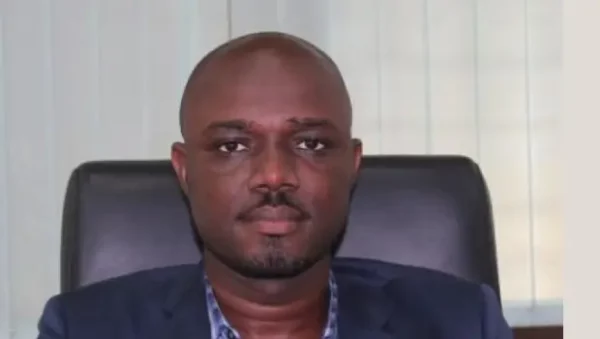Fuel price hikes: Use GHC948m PSRL balance to cushion consumers now – ACEP to govt.
The levy, he noted, was adjusted upwards in 2019 to GHp16 per litre on petrol, GHp14 per litre on diesel and GHp14 per kilogram on LPG.
- Advertisement -
The Africa Centre for Energy Policy (ACEP) has said the government should “immediately” apply the estimated accumulated balance of GHS948 million in the Price Stabilisation and Recovery Levy (PSRL) account to cushion petroleum consumers instead of waiting for parliament, which is currently on recess, to grant a two-month suspension of the PSRL “when there is accumulated cash to assuage the suffering of the consumers immediately”.
A statement signed by Executive Director Benjamin Boakye said between 2016 and 2019, consumers of petroleum products paid GHp12 per litre on petrol, GHp10 per litre on diesel and GHp10 per kilogramme as PSRL.
- Advertisement -
The levy, he noted, was adjusted upwards in 2019 to GHp16 per litre on petrol, GHp14 per litre on diesel and GHp14 per kilogram on LPG.
- Advertisement -
The adjustments took effect in 2020.
- Advertisement -
“Based on consumption data of petroleum products between 2016 and a half year of 2021, the PSRL is estimated to have cumulatively raised about GHS2.53 billion, out of which an average of 50 per cent is estimated as subsidies for premix fuel and RFO. Adjusting for 25 per cent non-collection rate or theft by some Oil Marketing Companies (OMCs), the PSRL is estimated to have cumulatively raised about GHS1.89 billion. Out of this amount, about GHS948 million is expected to have been cumulatively spent on subsidies, leaving about GHS948 million as the balance of the account, given that levy has never been used to stabilise prices since it was imposed in 2015”, he said.
For policy credibility, Mr Boakye observed that “the utilisation of the accumulated balance is what is required to cushion consumers in this high oil price period”, adding: “Simply zero-rating the PSRL for two months creates the assumption that government does not intend to activate the price stabilisation purpose of the PSRL, thus raising the fundamental accountability question of what government intends to use the estimated balance of GHS948 million in the PSRL account for”.
“It is important to highlight that consumers of petroleum products in a deregulated market are price takers. They do not control the three key variables that significantly influence petroleum prices in Ghana; global crude oil prices, the foreign exchange rate and the taxes and levies imposed on petroleum products. Therefore, if there is a policy for consumers to pay a levy to assuage their pain in a high oil price regime, the least the caretaker of the levy could do is to preserve the credibility of the levy. Unfortunately, the opposite appears to be the case”, he said.
“In the current escalating price regime, the application of the PSRL for its legally established purpose is an easier and more responsive approach to cushion consumers than what is proposed by NPA. Moreover, the application of the levy as established by law does not require Parliamentary approval. Therefore, it is intriguing that NPA prefers that citizens wait for Parliament (currently in recess) to grant a two-month suspension of the PSRL when there is accumulated cash to assuage the suffering of the consumers immediately”, Mr Boakye added.
- Advertisement -



